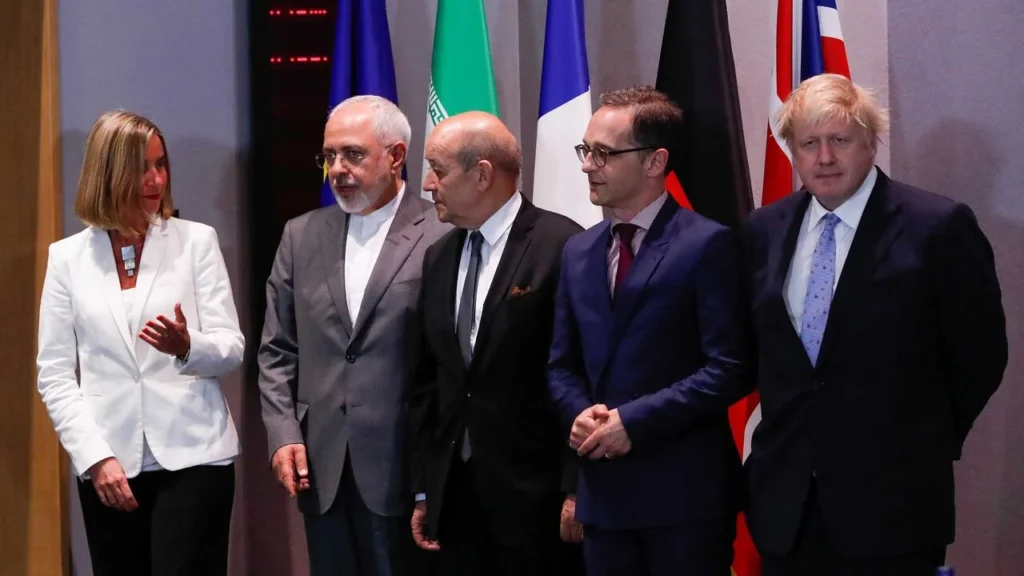France, Germany, and the United Kingdom have triggered the United Nations “snapback” mechanism, opening the way for sanctions to return on Iran’s nuclear program.
The move follows a recent 12-day conflict with Israel, where strikes hit several Iranian nuclear facilities. European leaders insist the step is necessary to limit Tehran’s nuclear ambitions and protect international security.
Russia Condemns the Decision
Moscow quickly rejected the initiative, calling it “illegitimate.”
Dmitry Polyanskiy, Russia’s First Deputy Permanent Representative to the UN, accused the European powers of damaging diplomacy rather than building dialogue.
“The world now stands at a crossroads,” Polyanskiy said. “One path leads to peace, diplomacy, and goodwill. The other represents diplomacy at the barrel of a gun.
France, Germany, and the UK acted without legal grounds since they ignored Resolution 2231 in bad faith.”
What the Snapback Means
The snapback mechanism emerged from the 2015 Joint Comprehensive Plan of Action (JCPOA), widely known as the Iran nuclear deal. It was designed to be veto-proof, giving any signatory the authority to restore sanctions if Iran violates its commitments.
If enforced, sanctions will freeze Iranian assets, block arms sales, and limit ballistic missile development. Analysts warn these steps could deepen Iran’s economic struggles, which already stem from existing restrictions and internal challenges.
Russia’s Counterproposal
In October, Russia will take over the presidency of the UN Security Council. Ahead of this, the Kremlin has drafted an alternative plan to extend the resolution supporting the snapback system.
That move sets up a likely confrontation with European powers, while the United States and other global players monitor closely.
Global Outlook
The focus now shifts to how Iran will react. The European decision increases pressure on Tehran but also widens the gap within the UN Security Council.
The outcome of this standoff could shape the next phase of nuclear diplomacy and determine whether global powers pursue dialogue or further confrontation.





















